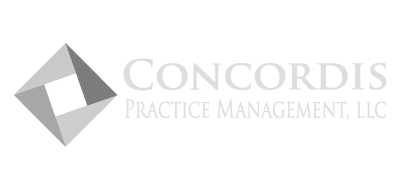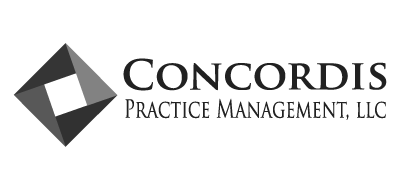
ICD-10: Is Your Practice Prepared?
Healthcare is constantly changing. Policies effecting Medicare, Medicaid, and other insurance payers seem to be adopted regularly. Now coding changes have taken center stage that will directly affect millions of patients and thousands medical practices. The next big change effecting the healthcare industry is here. It’s called ICD-10. Read on to find out what ICD-10 is, how it will improve the healthcare experience, and why it’s so important that your medical practice management is positioned for compliance to these new regulations.
ICD-10: What is it?
The ICD-10 code set reflects advances in medicine over the last 30 years and uses contemporary medical terminology. The code format is expanded from approximately 16,000 to 72,000 codes and includes greater detail within the code. The greater detail means that the code can provide more specific information about the diagnosis. The ICD-10 code set is also more flexible for expansion and includes new technologies and diagnoses.
The conversion to ICD-10 is expected to be disruptive for medical practices during the transition as medical coders must now account for an increased number of codes, changes in the number of characters per code, and increased code specificity. For this reason, healthcare practitioners everywhere are urged to begin preparing now.
How will it Improve Healthcare?
From Medicaid.gov :
“The practice of medicine has changed dramatically in the last 25 years or so. There have been many new conditions discovered, many new treatments developed, and many new types of medical devices have been placed into service. The ICD-9 code set was not designed to capture all of this progress, and as such, has become bogged down with many types of modifications to attempt to capture information. The ICD-10 code set is much better at describing the current practice of medicine, and has the flexibility to adapt as medicine changes.
Diagnosis codes and procedure codes permeate almost every business process and system in both health plan and provider organizations. Diagnosis codes are key for determining coverage and are used in treatment decisions. From plan design to statistical tracking of disease, these codes are a crucial part of the way health plans — including State Medicaid agencies — run their programs.”
The Importance of Compliance
The International Classification of Diseases, or ICD, is a system that most in the healthcare industry are aware of and understand. On October 1, 2015 a major change, known as ICD-10, will take effect in the United States and will be used to report diagnoses in all clinical settings.
The conversion to ICD-10 is a HIPAA code set requirement, meaning all HIPAA covered entities are required to convert to ICD-10. Failure to comply with this transition will lead to a rejection of claims and a disruption in receipt of payment. Don’t let ICD-10 disrupt your practice.
Prepare for ICD-10 Today
Concordis Practice Management can help with your practice’s transition to ICD-10. Our team is comprised of certified coders who can perform an ICD-10 readiness assessment. The assessment will identify your specific ICD-10 code changes and determine training needs. Avoid delays in processing your claims and disruptions to your cash flow. Contact Concordis today to begin your transition.
:Sources:
http://www.hhs.gov/asl/testify/2011/11/t20111110a.html
http://medicaid.gov/medicaid-chip-program-information/by-topics/data-and-systems/icd-coding/icd-10-changes-from-icd-9.html
http://www.cms.gov/Medicare/coding/ICD10/index.html



No Comments